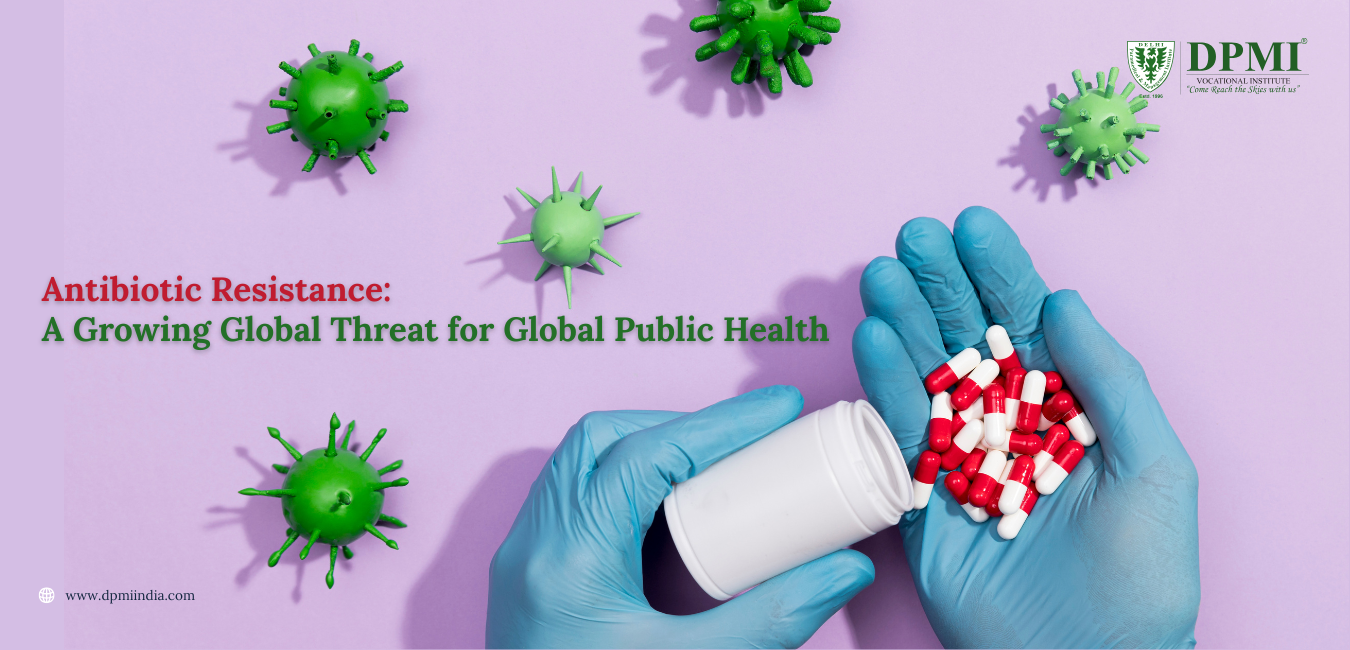October 06, 2025

Antibiotic resistance is one of the most pressing public health challenges of the 21st century. It occurs when bacteria evolve and develop the ability to withstand the effects of drugs that once killed them or inhibited their growth. This phenomenon poses a serious risk to the effectiveness of modern medicine, making routine infections harder to treat and increasing the likelihood of complications, prolonged illness, and even death.
The Root Causes of Antibiotic Resistance
The misuse and overuse of antibiotics are the primary drivers of antibiotic resistance. When antibiotics are used unnecessarily—such as for viral infections like the common cold—or when patients fail to complete their prescribed courses, bacteria are exposed to sub-lethal doses of drugs. This provides an opportunity for resistant bacteria to survive, replicate, and spread. Additionally, the widespread use of antibiotics in agriculture, where they are often used to promote growth in healthy animals, further accelerates the development of resistance.
Another contributing factor is poor infection control in healthcare settings, where resistant bacteria can easily spread among patients. Inadequate hygiene practices, improper sterilization of medical equipment, and the lack of access to quality healthcare in some regions compound the problem.
The Consequences of Antibiotic Resistance
The consequences of antibiotic resistance are far-reaching. Simple infections, such as urinary tract infections, pneumonia, or skin infections, which were once treatable with antibiotics, are becoming more difficult to manage. The risk of surgery-related complications also increases, as infections following operations may no longer be effectively treated with the usual antibiotics. Moreover, medical treatments like chemotherapy and organ transplants, which rely on the use of antibiotics to prevent infections, become more dangerous without effective antibiotics to support them.
Increased healthcare cost is another consequence of antibiotic resistance. The need for longer hospital stays, more intensive treatments, and the use of more expensive antibiotics places a heavy burden on healthcare systems globally.
Tackling Antibiotic Resistance
Combating antibiotic resistance requires a multifaceted approach. Public education about the importance of responsible antibiotic use is essential, as is improving infection prevention and control measures in healthcare facilities. Policy makers must regulate the use of antibiotics in agriculture, ensuring that they are only used when necessary and under proper supervision. Additionally, research into new antibiotics and alternative treatments is critical to staying ahead of evolving resistant bacteria.
In conclusion, antibiotic resistance is a global health crisis that demands urgent action. By promoting responsible use, improving healthcare practices, and investing in scientific research, we can protect the efficacy of antibiotics and ensure that they remain a vital tool in the fight against bacterial infections.
Read More: Importance of Patient Safety in Radiation Treatment

















